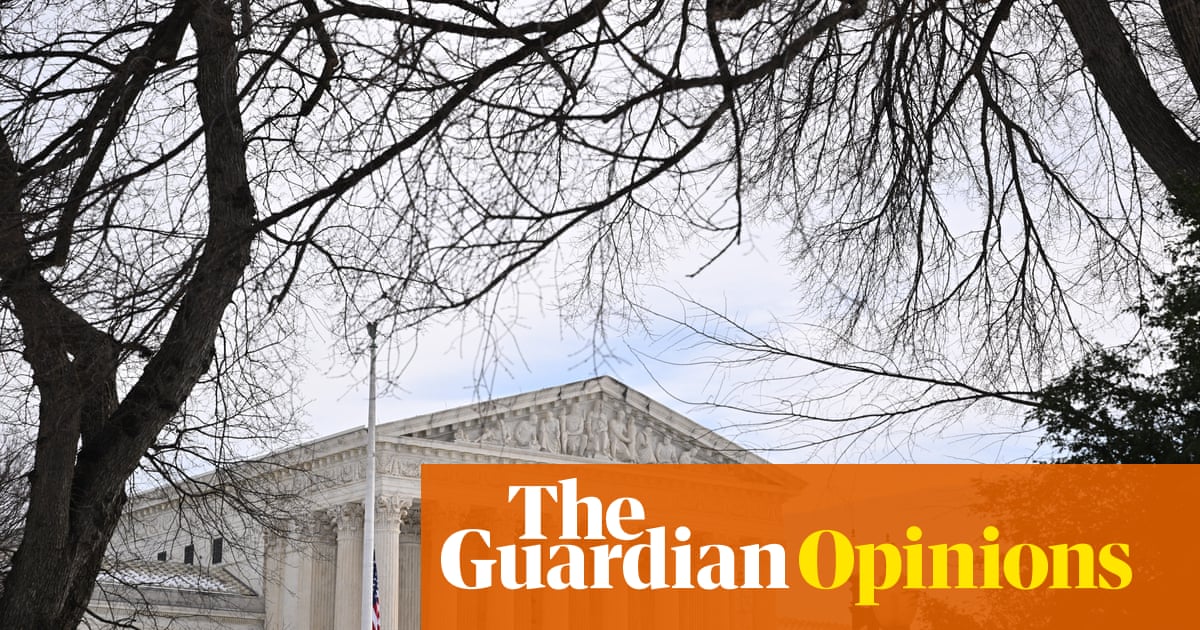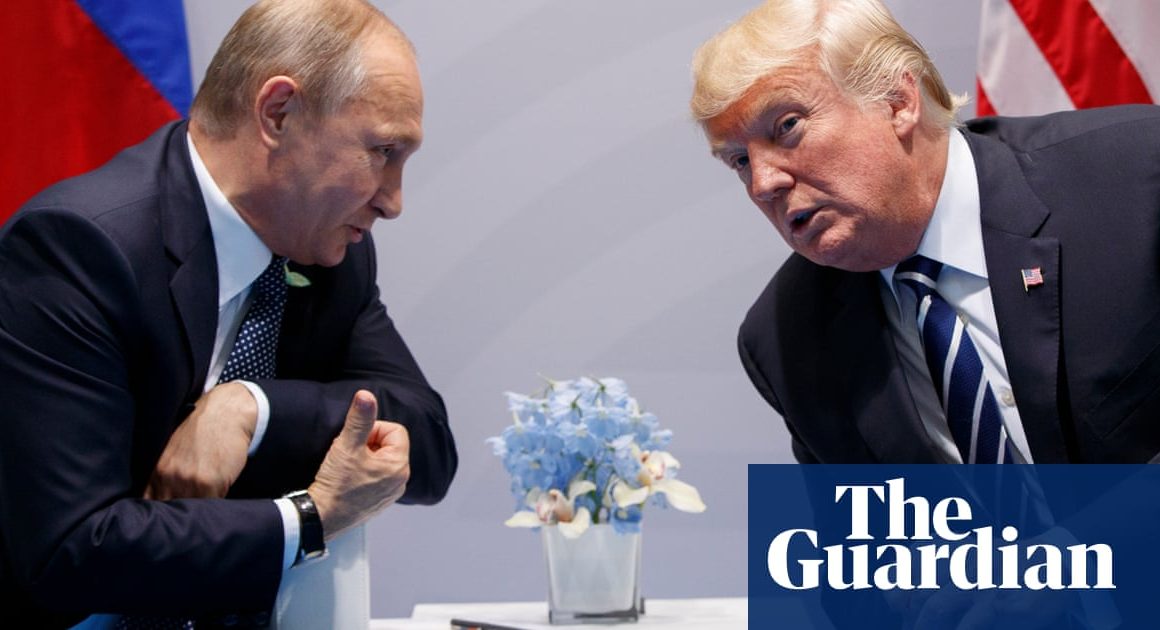Donald Trump will take the office on 20 January 2025 as a convicted felon. On Thursday night, a sharply divided US supreme court declined to ride to his last-minute rescue. In a one-paragraph order, the majority refused to stay his state court-sentencing whose genesis lay with payments that Trump allegedly arranged to cover up his purported affair with the adult film actor Stormy Daniels. Last May, a Manhattan jury unanimously found the 45th president guilty of 34 counts of conspiracy and fraud.
The supreme court order may also be a harbinger of what awaits the US over the next four years: litigation that again divides the judiciary and the nation. Five of the nine supreme court justices, including chief justice John Roberts and Amy Coney Barrett, a Trump appointee, refused to buy what the monarch of Mar-a-Lago was selling. The rest may be more inclined to do his bidding.
“First, the alleged evidentiary violations at president-elect Trump’s state-court trial can be addressed in the ordinary course on appeal,” the unsigned order concluded. “Second, the burden that sentencing will impose on the president-elect’s responsibilities is relatively insubstantial in light of the trial court’s stated intent to impose a sentence of ‘unconditional discharge’ after a brief virtual hearing.”
Justices Clarence Thomas, Samuel Alito, Neil Gorsuch (a Trump appointee) and Brett Kavanaugh (another Trump appointee) would have granted Trump’s motion for a stay. Where Trump was concerned, members quartet appear disposed to treat him as something akin to royalty.
“We are writing a rule for the ages,” Gorsuch announced last April during oral argument over Trump’s claims of immunity from prosecution. In that moment, Gorsuch had signaled the eventual outcome. In the 6-3 decision that followed, the court granted Trump immunity for actions “within his ‘conclusive and preclusive’ constitutional authority”.
For good measure, Thomas also attacked appointment of the special counsel Jack Smith. “Few things would threaten our constitutional order more than criminally prosecuting a former President for his official acts,” he intoned. Two weeks later, US district judge Aileen Cannon, a Trump appointee, latched on to Thomas’s words and dismissed the Trump records case.
Beyond that, Thomas’s stance was no one-off. Ginni Thomas, his wife, was wedded to the lie that Joe Biden stole the 2020 presidential election. In a 10 November 2020 email to Mark Meadows, Trump’s then chief of staff, she opined: “The majority knows Biden and the Left is attempting the greatest Heist of our History.” As she saw things, it was up to Meadows to help overturn the election.
Thomas may well be in sync with her agenda. In February 2021, he dissented from the rejection by the court of a challenge brought by Pennsylvania Republicans to the results of the 2020 election. He called the refusal by the six-person majority “inexplicable”, even as he acknowledged that the election had been “free from strong evidence of systemic fraud”.
Almost a year later, history repeated itself. His was the lone dissent in a January 2022 ruling that blocked Trump’s efforts to shroud White House records from the January 6 special committee. Thomas offered no rationale for his vote. The past stands as prelude.
And then there is Alito. On top of inveighing against modernity and cozying-up to European aristocrats, he appears to have maintained a personal relationship of sorts Trump. On Tuesday, he spoke to Trump about William Levi, an ex-Alito clerk, joining the incoming administration. Levi had previously served as chief of staff to William Barr, the Trump attorney general who made peace with the reality that Biden defeated Trump in 2020, much to Trump’s ire.
According to Alito, he was unaware when he spoke Trump that the president-elect would move the court to block sentencing in the hush-money case. Alito also claimed they had not discussed any past or present matter before the court.
Faced with the supreme court’s latest order, Trump put on a brave face. He labeled the sentencing a “little thing” and played-down its significance. He also described the order as “fair decision” and “actually a very good opinion for us”.
Who knew?
In Trump’s filing with the court, his lawyers wrote: “Forcing President Trump to prepare for a criminal sentencing in a felony case while he is preparing to lead the free world as President of the United States in less than two weeks imposes an intolerable, unconstitutional burden on him that undermines … vital national interests.” Talk about a flip-flop.
On Friday morning, Juan Merchan, the trial judge in the hush-money case, kept his word. He nodded to the results of the 2024 election and declined to jail or fine Trump.
“It seems proper at this juncture to make known the court’s inclination to not impose any sentence of incarceration, a sentence authorized by the conviction but one the People concede they no longer view as a practicable recommendation,” Merchan wrote on 3 January.
“In balancing the aforementioned considerations in conjunction with the underlying concerns of the presidential immunity doctrine, a sentence of an unconditional discharge appears to be the most viable solution to ensure finality and allow defendant to pursue his appellate options.”
The Trump saga continues.












